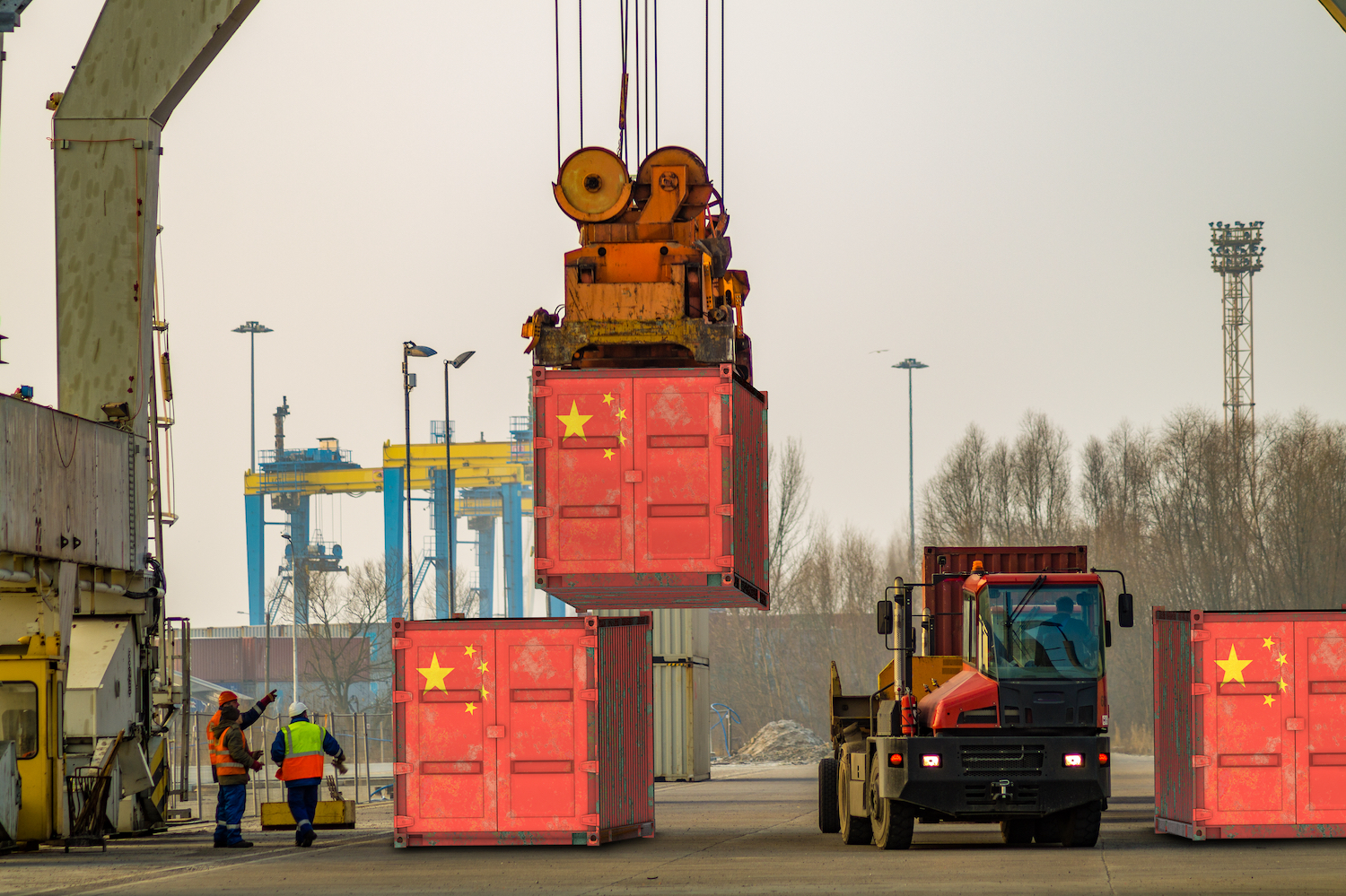ImpactAlpha, May 11 – There are by now dozens of ways to measure corporate exposure to climate risks, but few good methods to assess the risks of exposure to China, and specifically to the ruling Communist Party.
Just ask Jack Ma. Or Elon Musk.
“There are growing worries that in some ways mirror what’s going on with climate change with exposure to China,” Strategy Risks’ Isaac Stone Fish tells ImpactAlpha’s David Bank on the latest Agents of Impact podcast.
Stone Fish, a former journalist and fluent Mandarin speaker, helps corporations and other organizations identify dependencies and entanglements in the world’s largest manufacturer, exporter and retail market. Human rights violations in Xinjiang, a supplier of cotton, pharmaceuticals and solar panels, are an immediate and urgent concern. Coming up: Heightened scrutiny of corporate involvement with the Chinese military as tensions heat up over Taiwan.
When it comes to assessing ESG risks in global business, Stone Fish says, “I would argue that the most important metric that people are missing is this China politics card.”
The Bank of China and the Industrial and Commercial Bank of China, for example, “have radically different relationships with Beijing,” Stone Fish says. For investors that want a banking partner with a smaller exposure to Xinjiang, “There are ways of gathering that information.” Ma, the billionaire founder of Alibaba, ran afoul of Chinese regulators last fall and suffered a stunning fall from grace.
The pressure on Musk, comes not because of Tesla’s success in China’s huge electric-car market, but from Musk’s concurrent role as CEO of the rocket company SpaceX, Stone Fish says on the podcast. “The thinking was, ‘We’ll bring Musk and Tesla in, and then we’ll have to worry less about SpaceX going against the People’s Liberation Army.”
Stone Fish doesn’t rely on leaked documents or human intelligence. “The idea is to get standards out there based on open-source information,” he says. Chinese ministry and provincial websites that report out meetings between U.S. executives and Chinese officials provide “a really good proxy for U.S.-China corporate relationships.”
Catch up on all of ImpactAlpha’s podcasts, including our weekly Impact Briefing.











